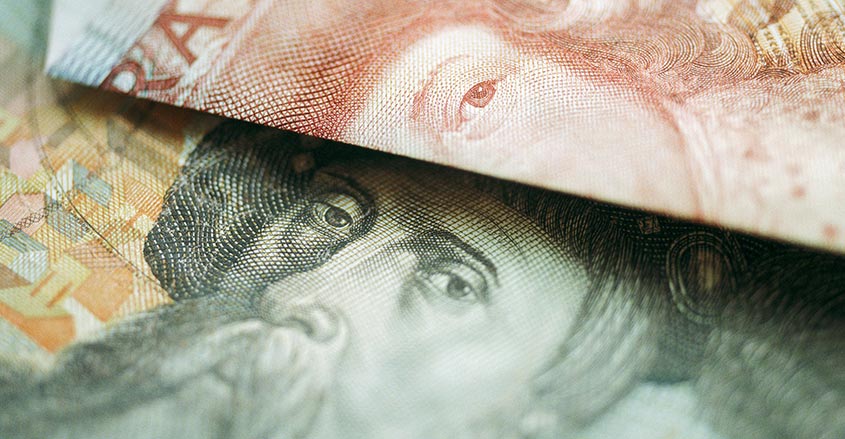An increasing number of restaurants and retail stores in Sweden no longer accept cash payments.
That has political leaders asking: What happens if money just disappears? Can an economy go completely digital and continue to operate?
Most bank branches have stopped handling cash transactions, and “no cash accepted” signs have appeared at restaurants, stores and museums. Increasingly, retailers prefer bank-card payments or mobile payments.
Insight Analysis reported in an annual survey that 36 percent of Swedes use cash once or twice a year, or never, and only 25 percent made consumer purchases in cash at least once a week last year, down from 63 percent just four years ago.
The trend away from paper and coins may lead the central bank of Sweden to hop on the digital-currency bandwagon. The central bank is responding to the cashless trend by considering the feasibility of a digital form of the Swedish currency, the krona.
A final decision by Riksbank is expected by late 2019 and could position the “e-krona” as a complementary currency, not a replacement for cash.
The proliferation of mobile and digital payments is also now the focus of a legislative review of the trend and its impact on Sweden’s central bank, Riksbank. Among some of the concerns is the how elderly Swedes with limited access to modern payment technology will cope.
Plastic future
For now, Riksbank Governor Stefan Ingves has called for Sweden to force banks to handle cash transactions for customers who want it.
In the Riksbank annual report issued Feb. 19, Ingves said the central bank must reassess its role in an increasingly cashless Sweden: “We will need to make strategic decisions regarding the way forward.”
Sweden is only the second-most cashless country behind Canada, according to a study of the world’s 20-largest national economies by Forex Bonuses. The study ranked the 10 most-cashless countries. The UK is in third place, France is fourth and the United States in fifth.
The rankings were based on metrics that included the percentage of cash and non-cash consumer transactions, the number of credit cards and the number of debit cards per person, and the number of payment cards in circulation that function in a contactless mode.
Canada ranked first in the survey because its residents have more than two credit cards per person, and 57 percent of consumer payments are cashless.
But Canadians also had the lowest number of debit cards per person in the 20-country survey by Forex Bonuses.
In second-ranked Sweden, 59 percent of consumer transactions were cashless, and nearly half of all Swedes were familiar with the availability of mobile payment services.


